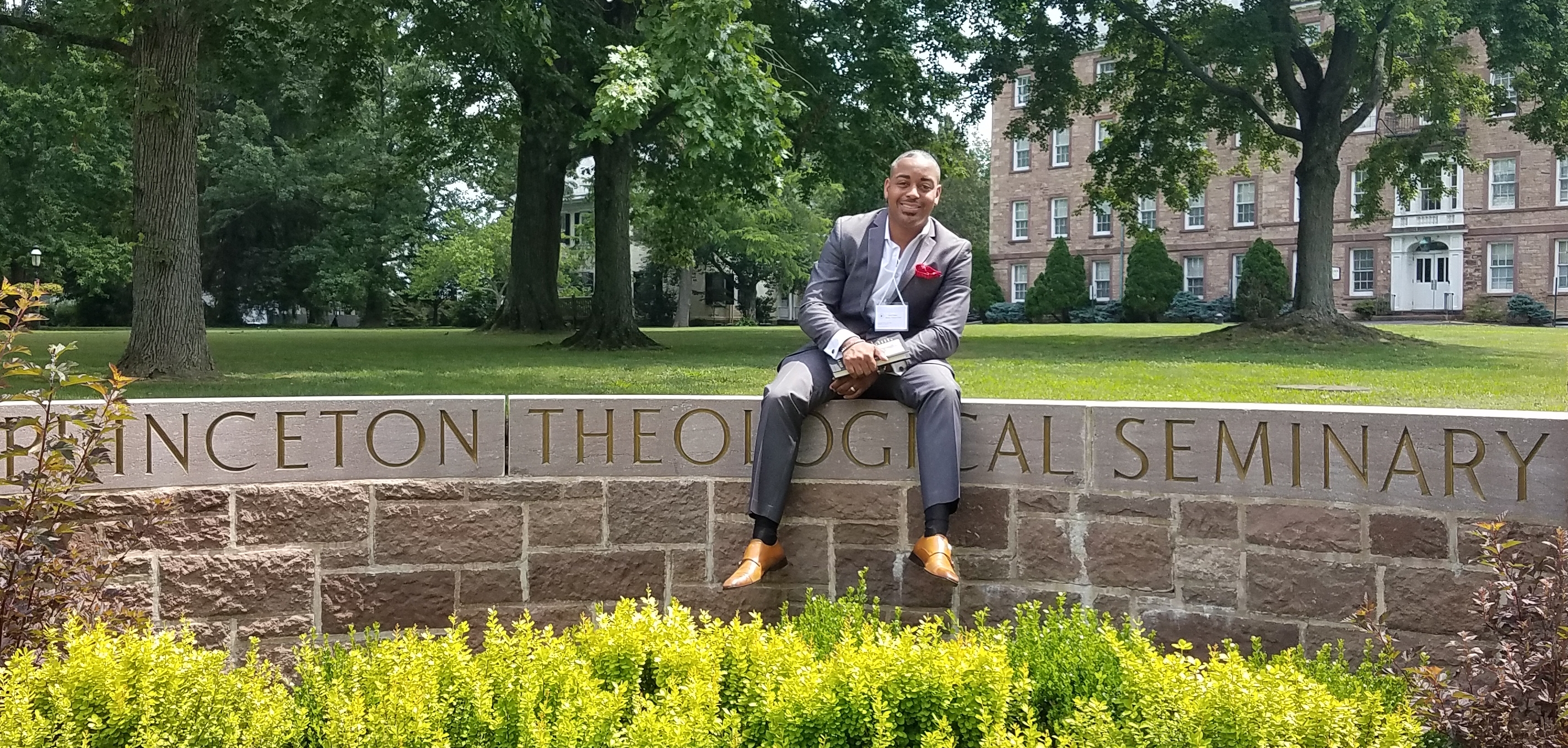The Center for Urban Education, Equity, and Improvement exists to provide equitable service to schools, school districts, and community organizations. The Center’s main goal is to provide courageous and transformational leadership to students and communities who are most underserved, disadvantaged, and/or disenfranchised. Obviously in our efforts to help those who we are blessed to serve, we rely on proven theories, cutting edge research, and exemplar practices to aid us in our work.
But there is also a missing element to the Center’s professional practice that Dr. Angela Campbell, Dr. Beverly Bryde and I have been musing over, as it relates to the ways that we facilitate our work: the role of theology as it pertains to improving urban education.
The question of theology’s role led me to Princeton this summer, where I was one of 50 fellows from around the nation chosen to participate in the highly selective Black Theology Leadership Institute (BTLI). Through a weeklong intensive training, I worked with preeminent scholars of theology and religion such as: Dr. Imani Perry (Professor of African American Studies at Princeton University), The Rev. Dr. Emilie M. Townes (Dean of Vanderbilt Divinity School), and Dr. Walter E. Fluker (The MLK Jr. Professor of Ethical Leadership at Boston University School of Theology). The essence of our conversations and lectures at the institute centered on the relevancy and role of faith and faith leaders in confronting 21st century social justice issues.
Certainly the theological inquires that we wrestled with at BTLI are not new musings. For example, in 2014, Pope Francis tweeted that “inequality is the root of social evil.” Further, in a 2010 Huffington Post article, Princeton University Professor of Religion Eddie S. Glaude Jr. penned a provocative article in which he declared that “The Black Church is Dead.” In that article, Dr. Glaude challenged the church and faith leaders to “find their prophetic voice in the momentous present.”
Another example can be found in the classic book, Jesus and the Disinherited, when the late influential theologian Howard Thurman pondered what does the gospel teachings “have to say to those who stand, at a moment in human history, with their back against the wall?”
The point I’m raising is that faith and religion have always been a topic of both discussion and critique, in regard to social justice efforts. What is unique is that religion and spirituality is often omitted in educational reform discourse. Because of this, I am compelled to explore my scholarship and also my work within the Center through the interconnectedness of theology and urban education.
In closing, I’m convinced that Mother Cabrini wouldn’t solely theorize Catholic social teaching principles, but rather, she would operationalize these teachings in her educational and missionary work with immigrants. In the same manner, I contend that in these turbulent times in which tensions exist within society, and educational inequalities continue to persist, policies, pedagogy, and programs alone will not solve the pervasive problems that continue to disproportionately marginalize students of color, students who live in poverty, and students whose first language is not English.
No, we also need to include a theological lens into the discussion that can aid educators in the ways that they provide service to students. This critical theology lens should also cause educators to courageously condemn inequitable policies and practices that steal the innocence and hope of the precious school children that we are called to shepherd. To this end, my colleagues and I will begin to be more intentional in utilizing theology as a liberating means in the ways in which we facilitate our professional practice.
